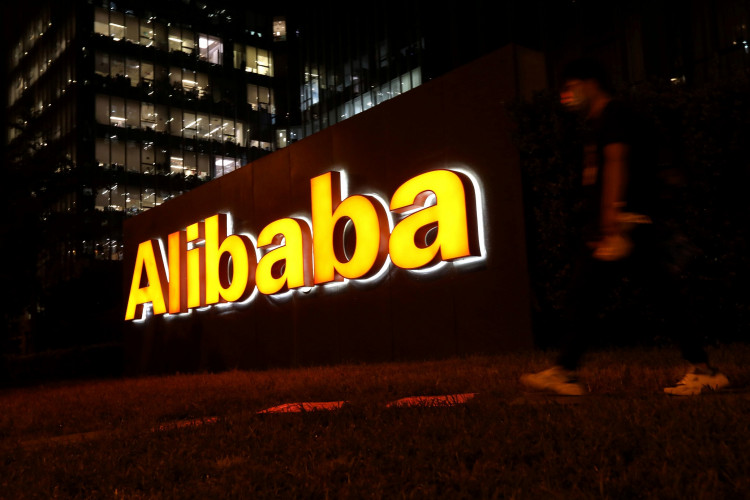Alibaba Group CEO Daniel Zhang stated that the company's recent restructuring into a holding company with six separate business units will allow for greater agility and the potential for individual public listings.
Speaking on a conference call, Zhang explained that Alibaba will primarily function as an asset and capital operator in relation to the business group companies.
Following the restructuring, each business unit will have its own CEO and board, with Alibaba maintaining seats on those boards in the short term. Zhang mentioned that preparations for this change began a few years ago, and that the company will consider whether to retain control over the business units after they go public.
Alibaba CFO Toby Xu added that the company would evaluate the strategic importance of the companies post-IPO.
The reorganization allows each business unit to independently pursue fundraising and IPOs as they see fit. Xu emphasized that the market will serve as the ultimate test for each company's readiness to go public. Alibaba will also continue to monetize non-strategic assets in its portfolio to optimize its capital structure.
Analysts suggest that the restructuring may allow investors to value each business division independently, as Alibaba is currently undervalued as a standalone conglomerate. Additionally, the restructuring could potentially shield shareholders from regulatory pressures, as penalties imposed on one division would not directly impact the operations of another.






